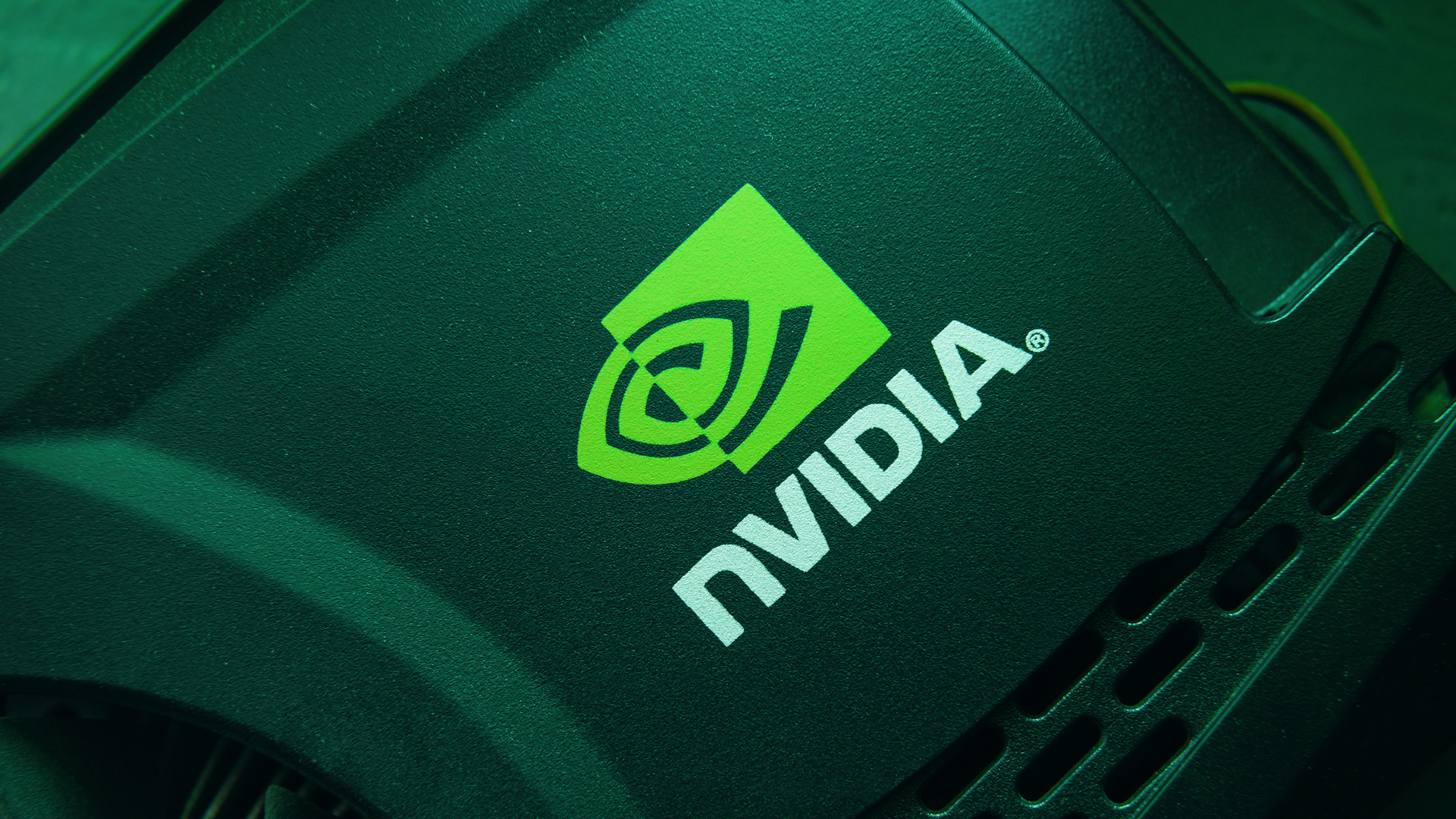
Nvidia has unveiled its latest generation of artificial intelligence chips, just months after lifting the wraps off its previous model, in a sign of the rapid advancement and acceleration in AI technology.
The quick turnaround underscores the fierce competition in the AI chip market and Nvidia’s push to maintain its leadership not only as an AI chipmaker, but as one of the world’s most valuable companies.
Ahead of the Computex 2024 tech conference in Taipei, Nvidia CEO Jensen Huang introduced the new AI chip architecture, named Rubin, as a successor to Blackwell.
Nvidia announces Rubin AI chip just months after Blackwell
The introduction of Rubin AI chips comes just months after Nvidia revealed its Blackwell model, which remains in production and is expected to ship later this year.
Huang’s announcement exceeds the company’s new commitment to launch new AI chip technology on a once-per-year basis, which was already faster than the previous two-year cycle.
The Rubin platform includes new GPUs and an Arm-based CPU named Vera, along with NVLink 6, CX9 SuperNIC and the X1600 converged InfiniBand/Ethernet switch for advanced networking. Specific details surrounding the new Rubin chips are yet to be disclosed.
Nvidia’s decision to speed up development highlights its strategy to stay ahead of rivals like AMD and Intel. The company counts major tech firms like Microsoft, Google and Amazon among its customers, despite the companies developing their own in-house processors.
Since the announcement, Nvidia shares have remained stable, and the company continues to take big strides toward becoming the most valuable company on the planet. Its current market cap of $2.695 trillion puts Nvidia in third position behind Microsoft and Apple, which are both fluctuating around the $3 trillion mark, and ahead of Google, in fourth place, which is valued at $2.139 trillion.
More from TechRadar Pro
- Nvidia Computex 2024 keynote liveblog: Nvidia's data center presentation as it happened
- We’ve rounded up the best AI tools and best AI writers
- These are the best CPUs from Intel and AMD







